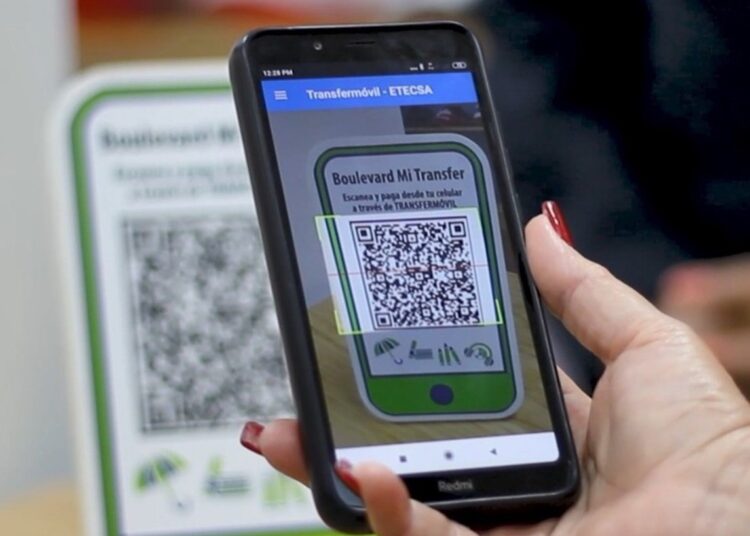Close to launch, although without a specific date, the new Cubagob digital government platform will integrate “existing and new” IT solutions, in addition to facilitating the management of online government procedures and services.
According to the newspaper Granma, the new platform will implement digital payment and signature, while enabling the creation of the citizen’s digital identity.
For the platform, “civil status registration procedures” are implemented, as well as those related “to the identity card,” in addition to enabling the request for “social protection services and job offers.”
The note highlights the existence of 263 digital government portals on the Internet, which encompass national entities, provincial and municipal governments. It also indicates that of 328 procedures and services identified for individuals, 139 present “some level of computerization,” which represents 60 more than those existing at the end of 2022.
The 41 procedures in the Tax Law that require payment of taxes on public documents (stamp) can be paid digitally, Granma recalled, when in 2023 3.41 million procedures were carried out using the digital stamp through Transfermóvil.
Until last May, visits to the web portals of the Central State Administration Agencies grew by 10%. The number of visitors to the provincial portals increased by 52.8% compared to the last five months of 2023.
As advances in this environment, this year the versions of toDus, Picta, and Apklis were updated, digital platforms “that increase their assistance, improve their efficiency and gain recognition among Cuban Internet users,” Granma added.
Among the Cuban government’s aims is “to establish the regulatory framework to promote the development of digital government” to guarantee “the reliability, authenticity, integrity, accessibility, transparency, immediacy and security” of public information.
As part of this organization towards the digitalization of services, this Wednesday the Cuban electronic visa platform was announced, already in operation under the name Evisa.
Minister of Tourism Juan Carlos García Granda pointed out among the advantages of Evisa the security of the system, which, he said, “streamlines and simplifies the visa application and management processes.”
According to Granma, what the Cuban authorities are seeking is to create mechanisms for registration, updating and interoperability between the different actors of the Public Administration and People’s Power.










